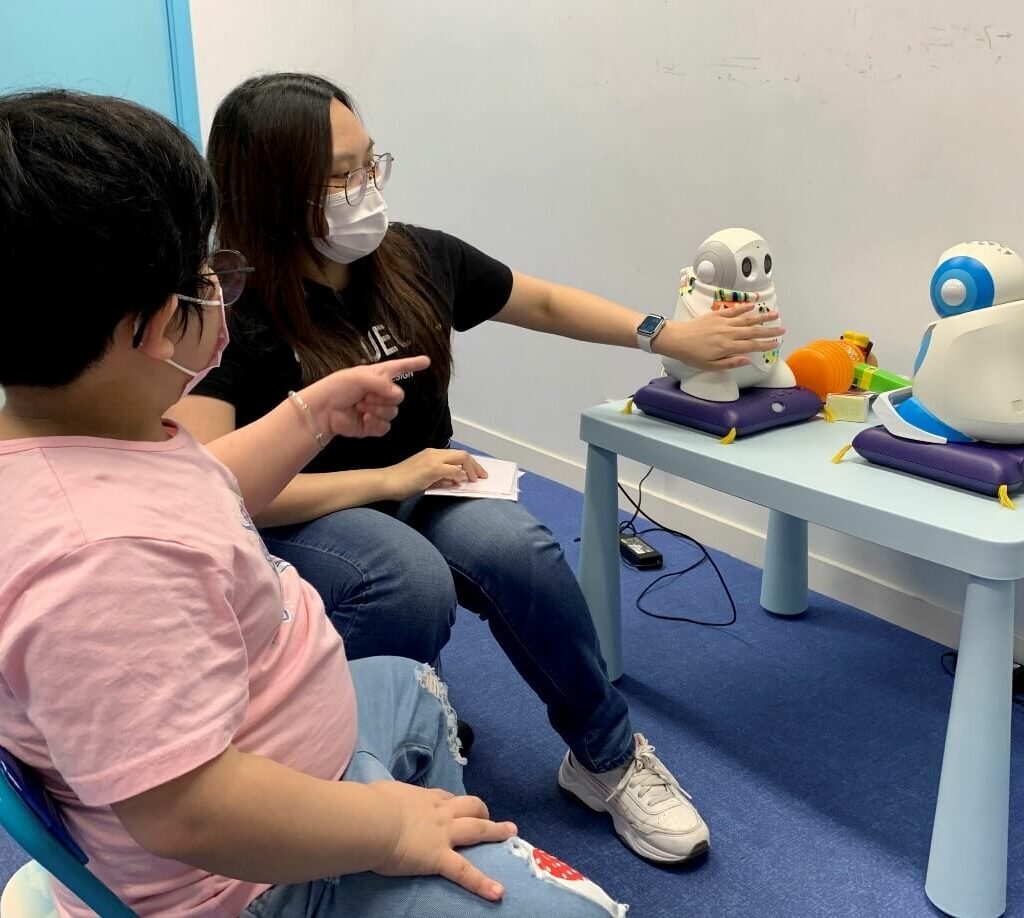
A teacher in Hong Kong has developed an educational program that uses robots in role-playing games to help children with autism improve their social skills as part of an initiative adopted by non-profit groups and schools. The program entitled “Robot for Autism Behavioral Intervention” (RABI) is designed for people with autism between the ages of 3 and 18 and aims to help them socialize and resolve issues such as conflicts and bullying. Catherine So, an associate professor of educational psychology at Chinese University in Hong Kong, told Reuters that more than 1,200 children have used the program since it began in 2015.
“People with autism have difficulty interacting with others and are hypersensitive to the world around them. So we use social robots to teach them social skills to reduce their anxiety,” So said.
Robots introduce children to role-playing games and verbal interaction. A typical lesson involves two robots interpreting different scenarios on a table, thus helping children to distinguish between permissible and impermissible behavior, such as outbursts of anger or voices. Muse Wong, aged 41, said that her five-year-old daughter has been in the program for seven months and that her social and communication skills have greatly improved. “She’s starting to have in some extent a social life,” Wong explains.
After interaction with robots, children are encouraged to test their social skills with a human trainer.
More than 20 non-profit groups financed by governments and public schools in Hong Kong and Macau have adopted the program. So hopes the project will help the fight against exclusion. “We believe RABI can help children with autism improve their social and behavioral skills, and in turn enhance the quality of their lives,” she said.
Sources:
